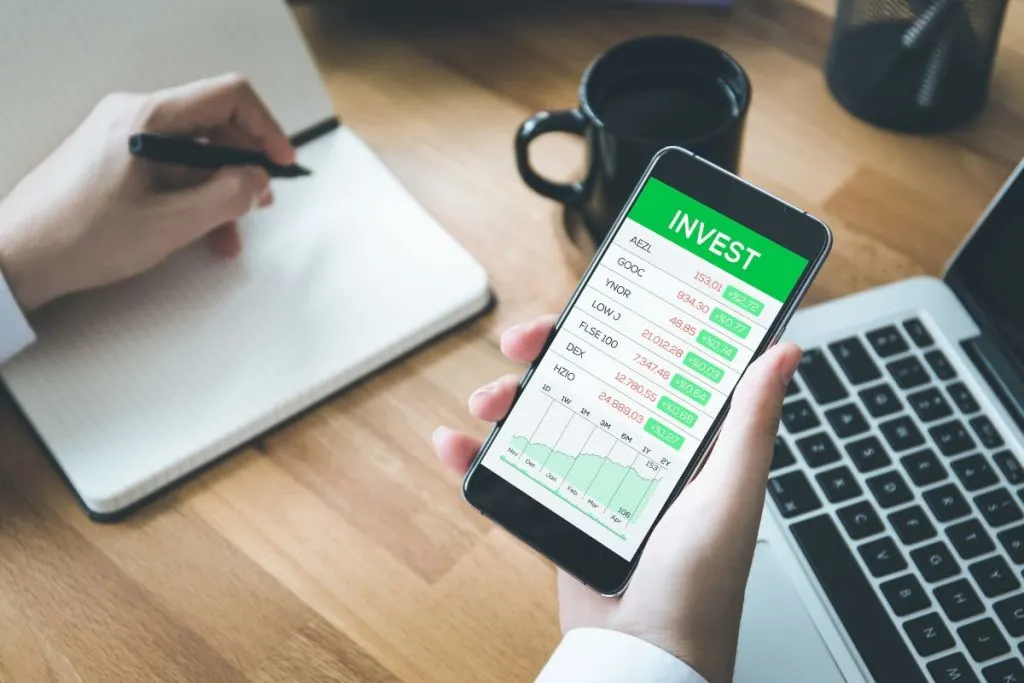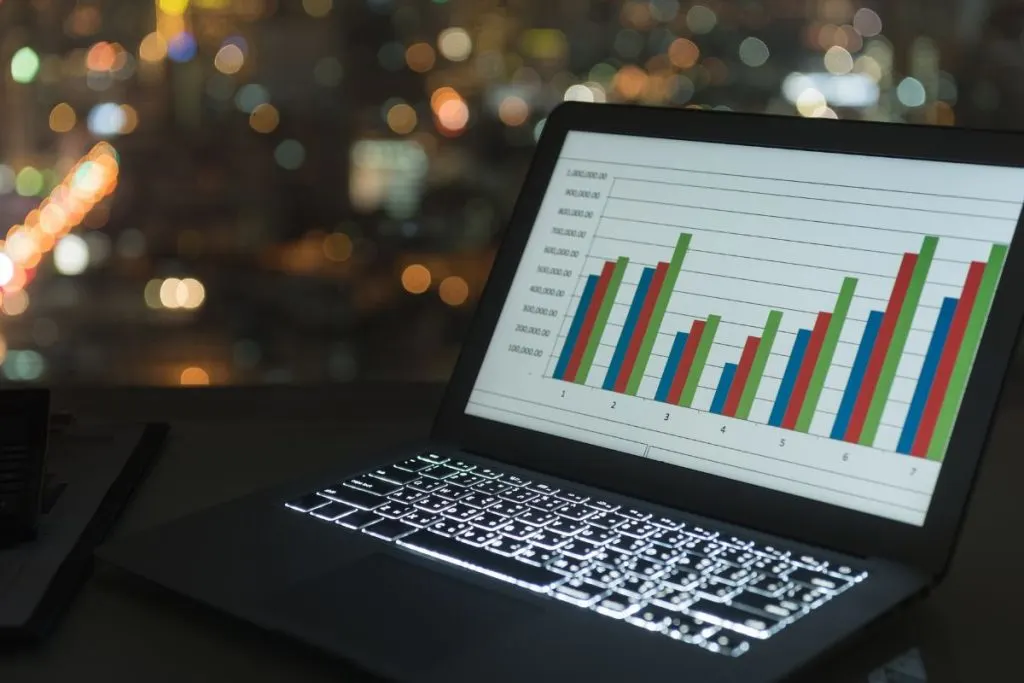If you are looking for an excellent way to diversify your portfolio but don’t know the best place to start, consider investing in foreign currencies. While it is slightly more complicated than traditional stock trading or investing in bonds, learning the basics will give you a proper foundation to build on.
Whether you are looking to buy euros and sell dollars through the primary Forex market, explore certificates of deposit or simply want to increase your knowledge on the subject for future consideration, the world of foreign currency has never been more accessible.
What is Foreign Currency Investing?
Investing in currency is done by buying one country’s currency while simultaneously selling that of another. This is traded through the foreign exchange market, or Forex.
Forex trading occurs in pairs. However, one currency must be exchanged for another to complete the transaction successfully. For example, you might buy British pounds and exchange them for Euros. While any trade pairing is possible, it is common to use pre-established pairings.
Foreign currencies are typically placed into four main groups. Major pairings are for those that are traded most often—the U.S. dollar, euros, the Japanese yen and the British pound feature here.
Minor pairings include most of those featured in the major pairings, except for the U.S. dollar, which is only featured as a major currency.
Exotics are pairings made with heavily traded currencies and rarely traded ones. For example, you may have the U.S. dollar paired with the Hong Kong dollar.
Regional pairings are trades made with currencies paired due to geographical location. So, for example, you will often see Asian or European currencies being traded simply because of where they appear on the map.
The Mechanics of Investing
Forex trading tries to capitalise on fluctuations in currency values, similar to trading stocks. You want the currency you choose to invest in to increase in value so you can sell it at a higher rate, earning you a profit. This return is linked to the currency’s exchange rate, the ratio of one currency’s value against another.
Unlike stocks and mutual funds, Forex is not traded in a centralised location. Instead, it is done across the foreign exchange market, which banks and other financial institutions manage. Moreover, all trades are made electronically at any point, day or night.
6 Main Investing Opportunities
The foreign exchange market is the largest financial market in the world, with over $5 trillion in turnover every day. With such a vast network at play, there are multiple different investment opportunities you can pursue to become involved.
Forex
The forex market is a 24h cash market where currency pairs are traded. As previously mentioned, the purpose of the pairing is for one to go up in value while the other drops. The currencies are bought and sold according to their exchange rate at the given time. This is the primary avenue for investing.
Foreign Currency Futures
Foreign currency futures are futures contracts on currencies that are bought and sold based on a standard size and settlement date. The CME Group is the largest futures market in the United States and offers future contracts on G10 and emerging market currency pairs and e-micro products. This route is not recommended for those just starting out.

Foreign Currency Options
While futures contracts are used to represent an obligation to either buy or sell at a stated future date, currency options give the holder the right, but not the obligation, to buy or sell a fixed amount of currency at an agreed price on or before a future date. This option is more flexible than a futures contract while maintaining a guaranteed transaction.
ETFs & ETNs
Exchange-traded funds (ETF) and exchange-traded notes (ETN) provide buyers some exposure to foreign exchange markets. Some ETFs are done only with single currencies, while others can be used to purchase and manage a selected group of varying currencies.
Certificates of Desposit
Certificates of deposit (CDs) are available to purchase in individual currencies or across a collection of currencies. It allows investors to earn interest at the stated foreign rates. For example, TIAA Bank offers the New World Energy CD Basket, which includes three currencies not from Middle Eastern energy-producing countries.
These countries are Australia (dollar), Canada (dollar) and Norway (krone).
Foreign Bond Funds
Foreign bond funds are mutual funds that can be invested in the bonds of foreign governments. These bonds are typically offered in the currency of the country of sale. If the value of the foreign currency rises compared to the investor’s local money, the interest earned will increase once converted.

Pros & Cons
Investing in currency holds several advantages. First, there is extended convenience and accessibility. While the stock market has set trading hours during the day, Forex trades can be made anytime, day or night, as it is open 24/7. Next, you have the ability to diversify your portfolio. By doing so, you are able to manage risk better. Foreign currency is classed as an alternative asset.
Finally, it carries a lower cost compared to trading stocks. Fewer commissions are connected to foreign currency trading, allowing you to retain more returns.
Alternatively, the main drawback to investing in currency is its potential volatility. While forex trading can become very lucrative, there are far more ups and downs compared to the traditional stock market. This creates a steep learning curve for those just starting. The risks can also be higher than other investment opportunities, so conducting the proper research before beginning is vital.

